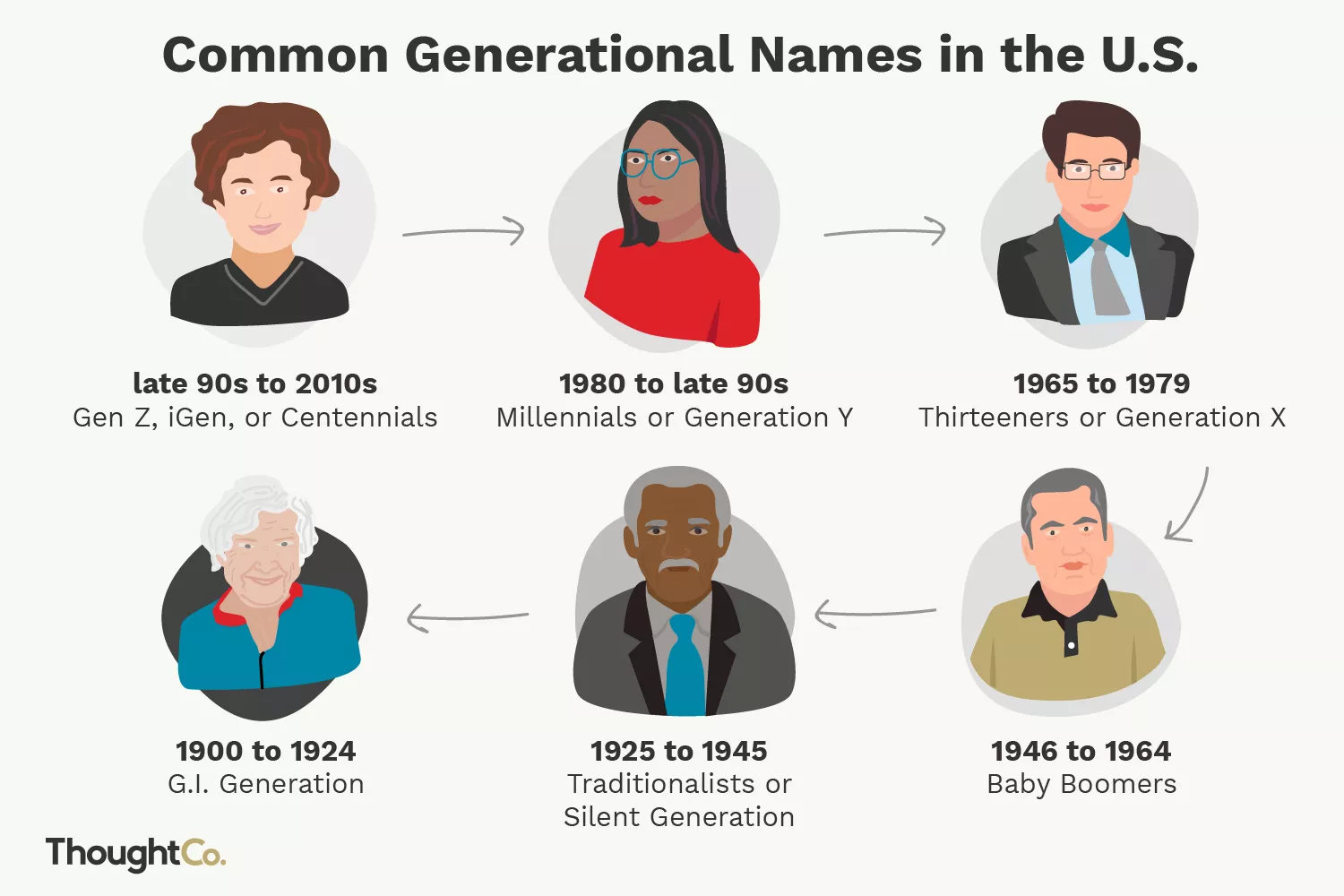Everyone seems to be talking about the impact of AI (artificial intelligence) and ML (machine learning) these days. As if ChatGPT wasn’t enough to get everyone excited, OpenAI surpassed itself by upgrading to ChatGPT4! And competitors are forced to launch their AI platforms earlier than planned.
If you haven’t tried them yet, I highly recommend you jump on the bandwagon and give these new tools a spin. They are great fun. But they can also be handy for businesses and bloggers.
Before getting into their uses, I wanted to start with a summary of where AI and ML are today.
From Text to Voice

Most of us have grown up with text communication and the written word, but Gen Z, born after 1996, is more comfortable with voice. They are less formal but far more impatient than previous generations.
They expect Alexa, Siri, Cortana and similar voice-activated personal assistants to be available whenever they have questions. With this type of search expansion into daily life, being on the front page of Google is no longer good enough. You have to be the number one answer to their questions!
[easy-tweet tweet=”Being on the front page of Google is no longer good enough; you have to be the number one answer in this voice-activated, personal-assistant-supported world we live in.” hashtags=”voice-activated, SMX, CEX, CRM”]
AI is Not One Technology
Despite what digital marketers may have hoped, AI and ML are not the solutions to all our problems. It is a series of technologies addressing various current and future customer needs.
Unlike normal analytical processes, using AI needs developers and users to start with the end in mind. Knowing what we are looking for, rather than waiting to see what the analysis brings us, needs a very different thought process. The questions asked to become as important as the answers received, if not even more so. Therefore it is advisable to make them the best you can ask. Your digital marketing has everything to gain and nothing to lose.
[easy-tweet tweet=”Being on the front page of Google is no longer good enough; you have to be the number one answer in this voice-activated, personal-assistant-supported world we live in.” hashtags=”voice-activated, #CEX, #CRM, #SMX”]
AI and ML are Not 100% Accurate
AI is still in its infancy, despite great leaps forward in some areas in the past year or so. For example, the language translation is still inaccurate today, but that doesn’t mean it’s not helpful. Anything that moves us towards increased customer satisfaction from our digital marketing efforts is significant. However, we must understand their limitations and not be fixated on perfection or rely totally on them.
One of the biggest challenges still prevalent in businesses today is siloed data. It is easy to see that the more information sources we integrate, the more accurate our platforms will likely be. But until we finally break down our internal silos, AI will not be able to deliver its full potential.
Taking the Robots Out of Humans
It is an exciting time for marketing with all the opportunities that technology, especially AI and ML, offers us. However, we still face many of the same challenges we always have. Essentials such as knowing and understanding our customers more deeply, and removing the siloed information hubs within the organisation, remain critical.
Without finding solutions to these, digital marketing may be cheaper in terms of investment but could become more costly and ineffective. What do you think?












